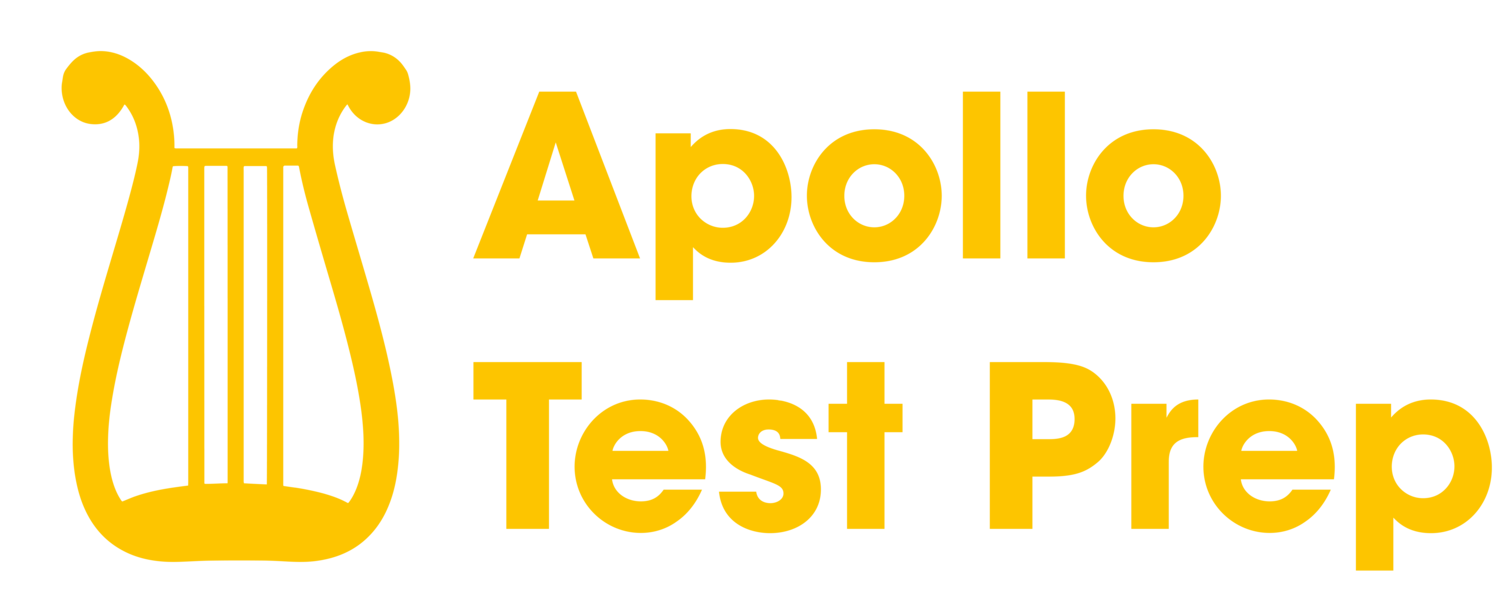LSAT Explanation PT 41, S3, Q6: Some argue that laws are instituted
LSAT Question Stem
The statements above, if true, most strongly support which one of the following?
Logical Reasoning Question Type
This is a Most Strongly supported question.
Correct Answer
The correct answer to this question is A.
LSAT Question Complete Explanation
This LSAT problem is a Most Strongly Supported (MSS) question. In this passage, the author presents an argument about the primary function of the law. The passage begins by acknowledging that some people believe laws are instituted to establish a moral fabric in society. However, the author argues that the primary function of the law is to help order society so that its institutions, organizations, and citizenry can work together harmoniously, regardless of any further moral aims. The passage also mentions that the highest courts have sometimes treated moral beliefs based on conscience or religious faith as grounds for making exceptions in the application of laws.
Let's simplify this passage with an analogy: Imagine a school where the main purpose of the rules is to maintain order among students, teachers, and staff, allowing them to work together effectively. This doesn't mean that the rules don't have any moral aims, but the primary function is to maintain order. Occasionally, the school might make exceptions to the rules based on a student's personal beliefs or religious faith.
Now let's analyze each answer choice:
a) This answer choice is largely a paraphrase of the last sentence of the passage, which states that the highest courts have on occasion treated moral beliefs based on conscience or religious faith as grounds for making exceptions in the application of laws. This is the correct answer.
b) This answer choice is not supported by the passage. While the author argues that the primary function of the law is to order society, the passage does not claim that the law is devoid of moral aims. The last sentence indicates that morality can have some effect on the law, so the phrase "devoid of moral aims" is too strong.
c) This answer choice is an exaggeration. While the passage mentions that the highest courts have sometimes made exceptions based on religious faith or moral beliefs, it does not say that actions based on these beliefs tend to receive the protection of the highest courts.
d) This answer choice overstates the author's argument. The author claims that the primary function of the law is to help order society, but does not say that the way society is ordered by law should not reflect any moral convictions about the way society ought to be ordered.
e) This answer choice is not supported by the passage. The passage states that the primary function of the law is to help order society and promote cooperation among its institutions, organizations, and citizenry. However, it does not say that instituting order through law is the best way to promote cooperation.
